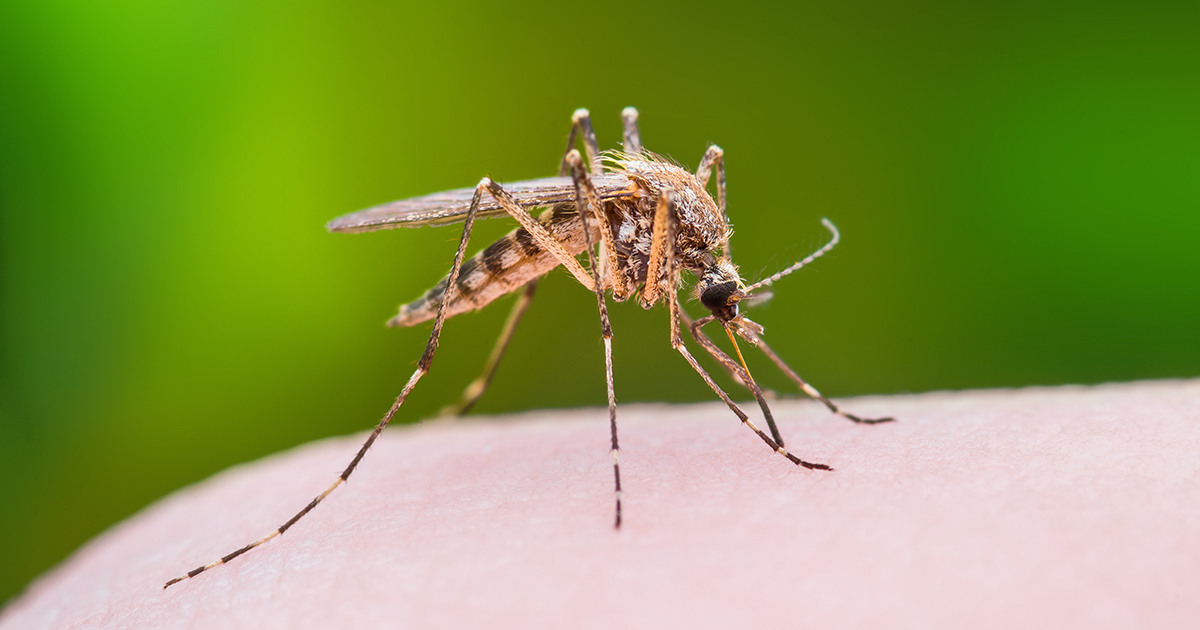13 Million Cases of Malaria Prevented

For years, aid workers have understood that while billions of dollars flow into African aid foundations, a relatively small investment in insecticide-treated mosquito nets could rival the impact of a decade’s worth of malaria drug research.
Indeed, the investment in nets has surpassed expectations: a single program, which distributed 54 million nets across 16 countries over three years, is estimated to have saved 24,600 lives and prevented 13 million cases of malaria.
This initiative, known as the New Nets Project, is a collaboration funded by Unitaid, the Global Fund, and the Innovative Vector Control Consortium. It focuses on distributing new types of mosquito nets treated with advanced insecticides like chlorfenapyr and pyroproxyfen, which have shown greater effectiveness than the standard treatments.
Mosquito populations, much like bacteria with antibiotics, can develop resistance to the insecticides used in traditional nets. While these nets continue to act as physical barriers, they degrade quickly due to their delicate material.
From 2019 to 2022, the New Nets Project facilitated the distribution of 38.4 million mosquito nets throughout sub-Saharan Africa. Further, in partnership with the office of the President of the United States, an additional distribution increased this number to 56 million nets in Nigeria and other countries.
In regions experiencing insecticide resistance, these new nets have been shown to increase malaria control effectiveness by 20 to 50%. The use of these nets, compared to standard ones, has potentially saved health systems $28.9 million by reducing malaria cases and deaths.
It is always great to see smart, well organized efforts making a real difference!